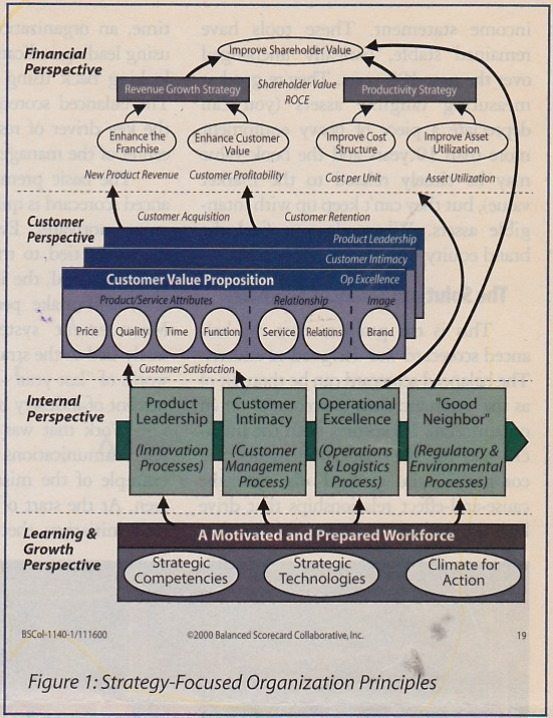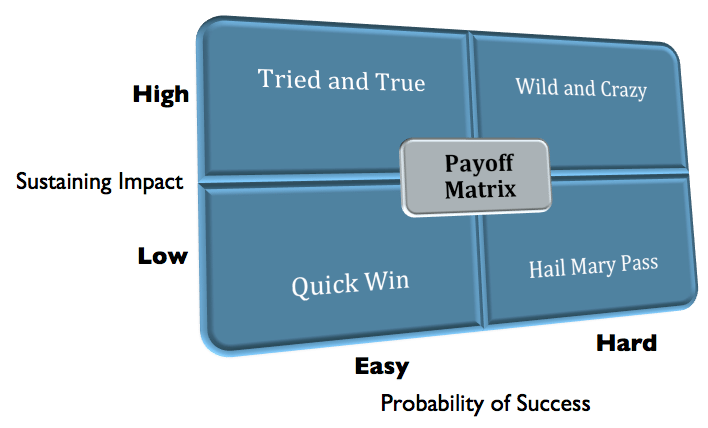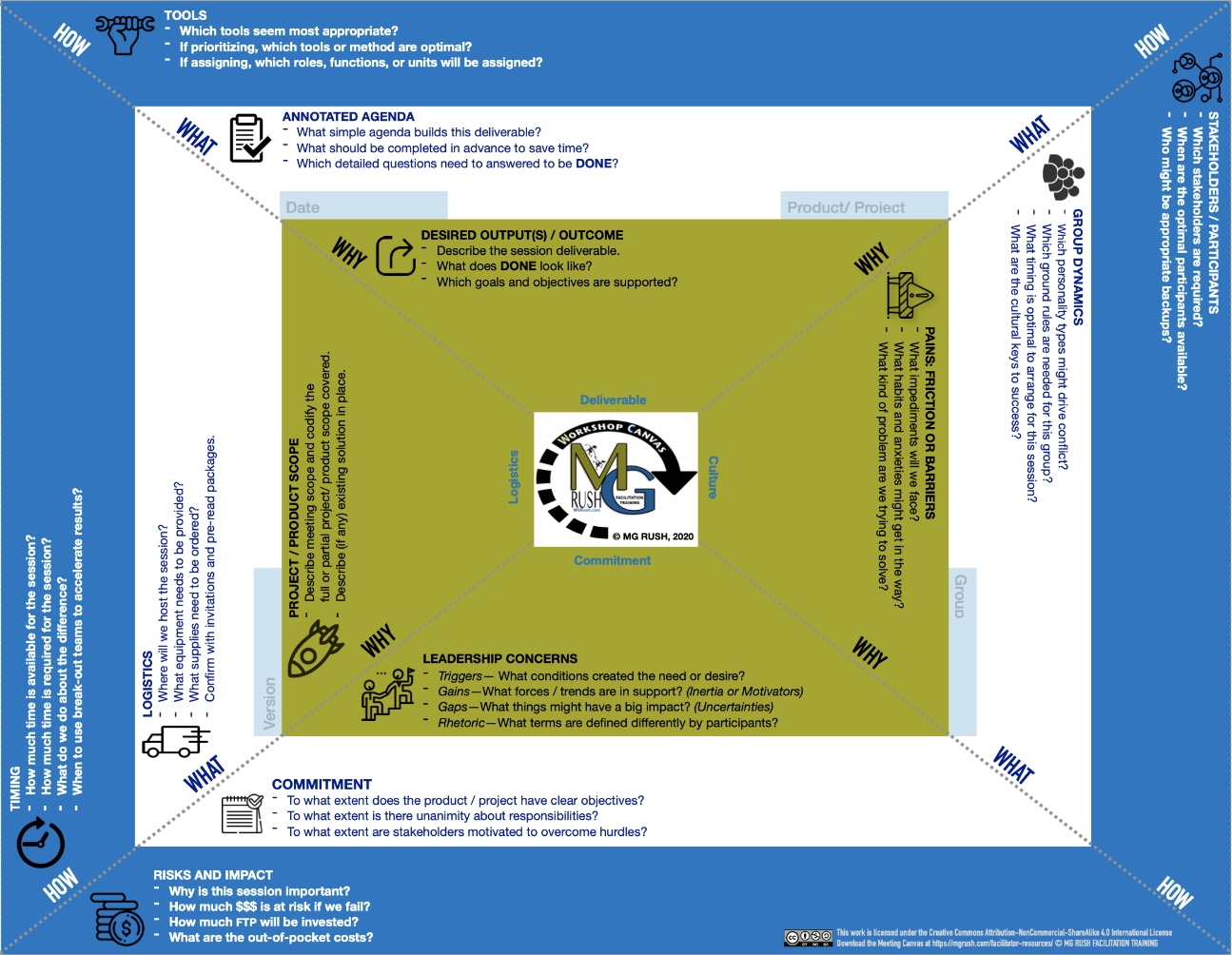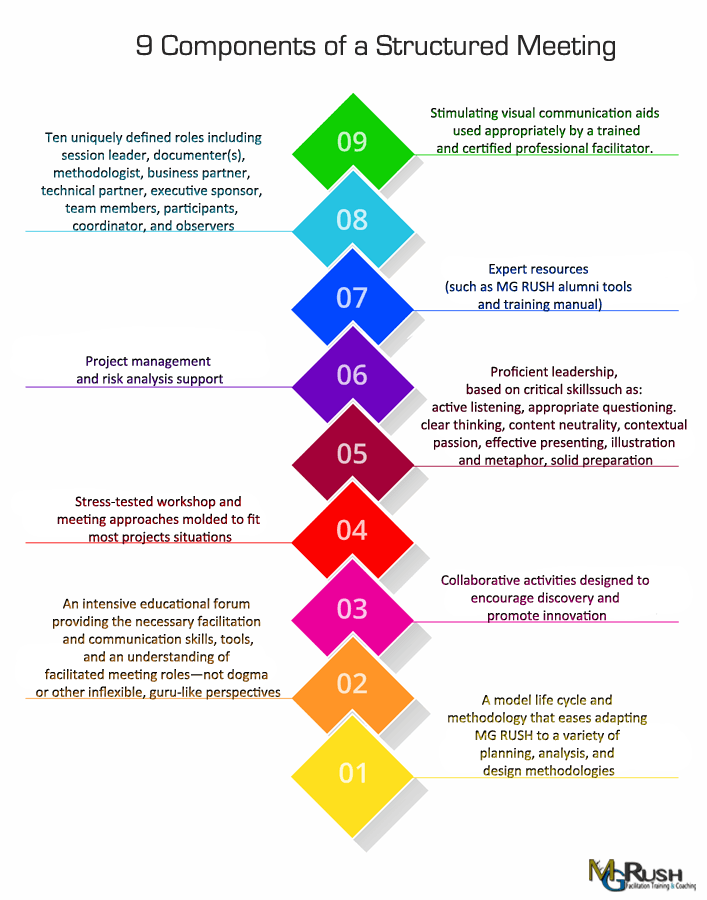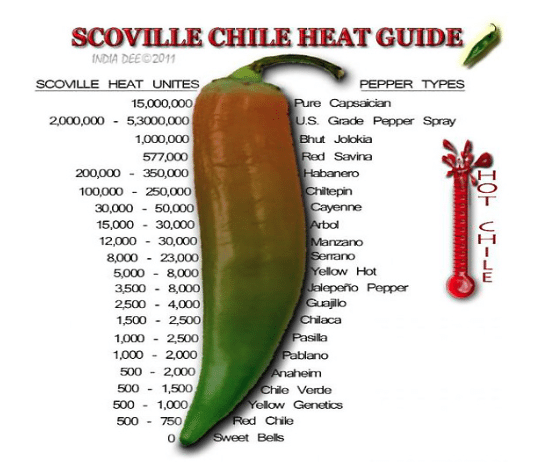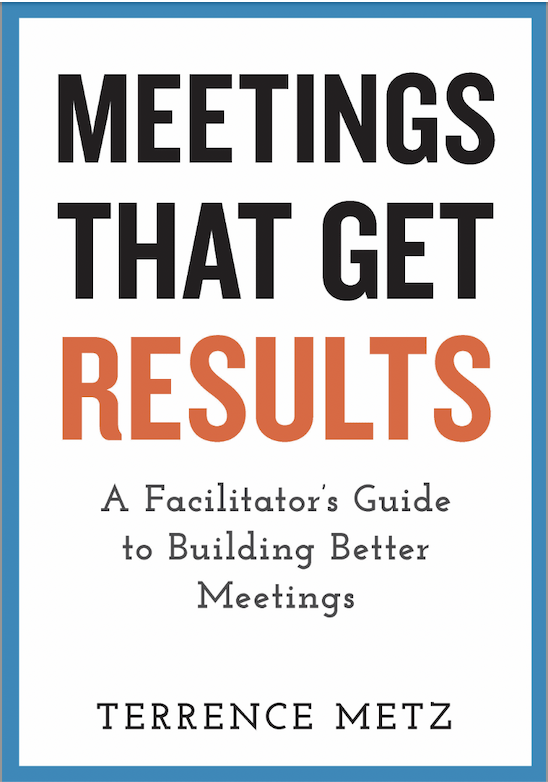Decision Types: Understanding the Time and Place for Individual or Group Decisions
The continuum of leadership behavior provides one context for understanding the best time and place for individual decisions versus group decisions. That continuum, as illustrated below, ranges from the completely subordinate-centered approach to...
When Smart People Make Dumb Decisions – SMART vs DUMB?
Smart vs Dumb? According to experts in an emerging field called the Science of Choice, everyone can learn to make higher-quality decisions. In fact, smart people make dumb decisions with alarming regularity. Or, they speak using vague verbs that...
Balanced Scorecard Demands Strategy-Focused Facilitation
Five principles of successful organizations emerged from Kaplan and Norton’s research on successful Balanced Scorecard adaptors. Hence, the five principles describe the key elements of building an organization that can focus on strategy while...
Payoff Matrix — Quick Wins, Tried and True, or Hail Mary Passes
Quick Wins are found in the Payoff Matrix shown in the “two by two” below provides the classic means of prioritizing your options. Using return (i.e., Impact of the Solution) and investment (i.e., Cost of Implementation, typically time or money) as...
Meetings and Workshops — Differences and Characteristics
If it seems that workshops are actually well-run meetings, that is true to a large degree. Well-run meetings and facilitated workshops share similarities. The primary differences between meetings and workshops become evident with the...
Do Facilitators Need to be Subject Matter Experts? Content vs. Context
Some of the best facilitators are NOT Subject Matter Experts within the topic and scope of the discussion. However, they cannot afford to be subject matter ignorant. They need to be subject matter conversant and understand the terms being used....
10 Facilitation Secrets with Facilitation’s Secret Sauce Explained
Prepared originally as a "Lunch and Learn Guide," you will find twelve MGRUSH Structured Facilitation secrets followed by a thorough explanation of Facilitation's Secret Sauce. The facilitation secrets are bulleted in alphabetical order, rather...
9 Components of a Structured Meeting or Workshop
A facilitated structured meeting or workshop provides an environment designed to extract high-quality information in a compressed timeframe. A structured meeting uses visual aids and a team of experts to accelerate projects and increase the quality...
Meeting Impact: Poor Facilitation Leads to Problems, Struggles, and Errors
A primary concern in meetings and information-gathering activities is getting good information—to build the right product the first time—and to make well-informed decisions. Significant trends show that groups are embedding the role of...
Dealing with Anger – Only One Letter Short of Danger
When dealing with anger, first understand that anger is as normal as any other emotion. We simply expect or want things to be different or better. Most people direct their anger at those who have some control over them. However, anger can be...
6 Potent Ways to Facilitate Meeting Conflict Response and Manage Conflict
Facilitators must understand and manage meeting conflicts. Therefore, we must first understand our own internal conflict so that we are prepared to serve others. Critically, we should view our meeting conflict response as both a challenge and an...
Meeting Announcement Considerations Prior to Shipping a Pre-Read
Before you send a meeting or workshop pre-read to participants, consider a formal meeting announcement rather than an informal calendar invite. If accepted, follow up the announcement with the invite, and then your pre-read package. While...
Neuroeconomics and Neurofacilitation: Rational Decisions Maximize Utility
World scientists strive to map activity in the human brain. Presumably, a map of neural activity will shed light on how the brain works and how choices get made. Concurrently, there has been an upsurge in related fields seeking to understand human...
Consensus does NOT Mean that Participants are Going to be “Happy”
A facilitator should typically avoid the term “happy”. Our effort guides a group to a common or shared understanding that they can support and not lose any sleep over---something they can “live with.” Consensus does NOT mean that they are going to...
Establishing Common Purpose Provides the Secret to Building Consensus
Always remember, to ask WHY before WHAT before HOW when you want to lead a group of people to shared understanding. Success begins with developing common ground as to WHY a group has come together to plan, analyze, or design. Use of our Purpose...
Stop wasting time and money!
With Meetings That Get Results, you’ll learn how to lead meetings that produce clear and actionable results every time. More important, how to avoid the worst possible outcome from any meeting—another meeting!
Developed from over 17+ years of research, delivery, and practice, including 15,000+ hours providing live instruction using Certified curriculum, Meetings That Get Results provides you with the tools and methods necessary to lead meetings that generate clear and actionable results, with deliverables that participants both understand and own.
“An essential handbook for any leader or facilitator of meetings. Especially as we have transitioned to more remote-based collaboration, I value all the tips to lead global team meetings.”
— Sana A. Manjeshwar, Global Principal Ombuds Manager, Chevron



